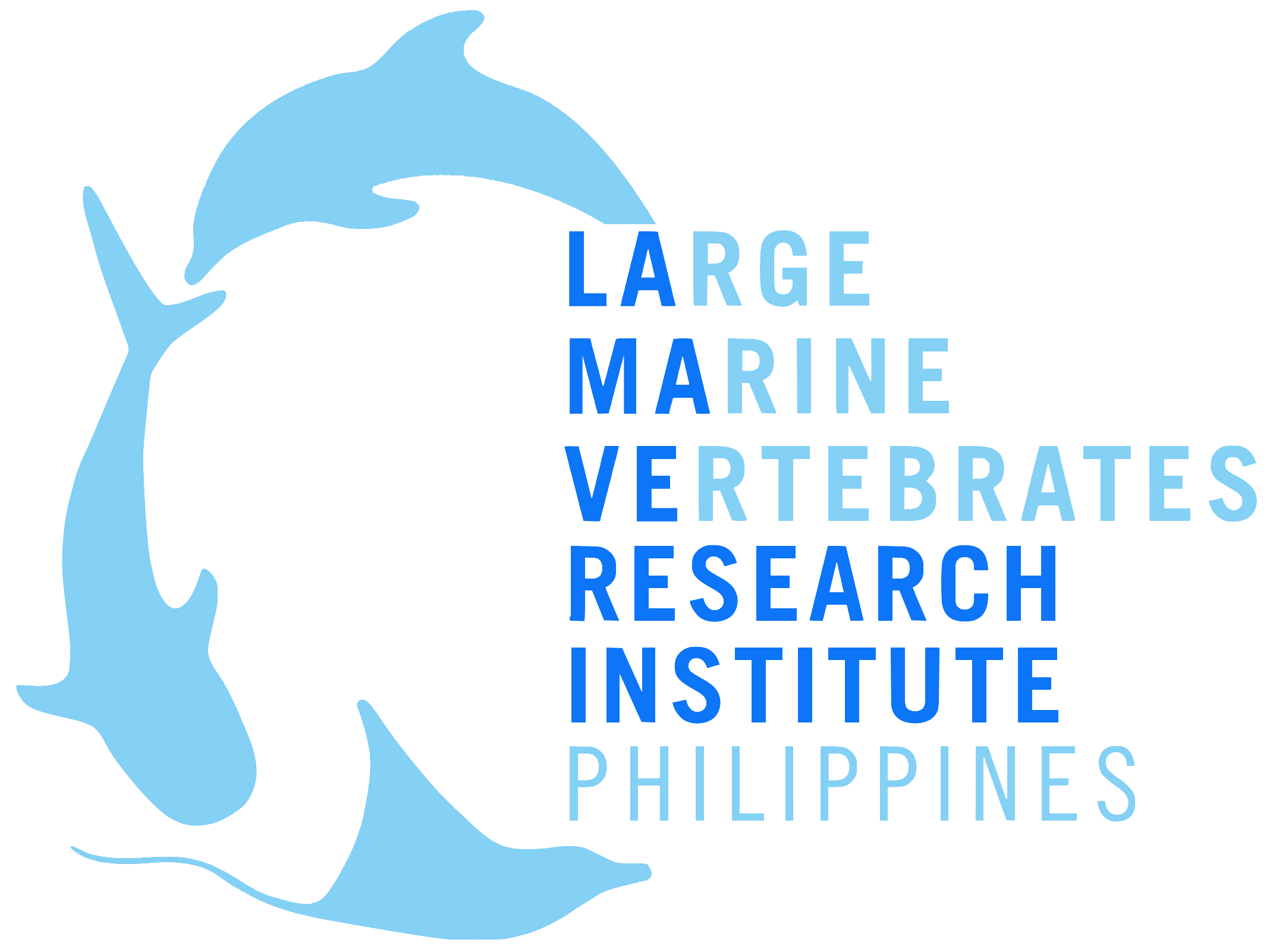PRESS RELEASE
Feeding the world largest fish: impact of provisioning on whale shark presence and migration
A new paper from the Large Marine Vertebrates Research Institute Philippines and the Centre for Integrative Ecology of Deakin University in Australia describes the effect of provisioning (attracting wildlife with food to facilitate human interaction) on the presence and migratory behaviour of the whale shark in Oslob, Cebu, Philippines. The provisioning operation which was started in 2011 by local operators, has attracted over 200 whale sharks to the coastal waters of Oslob and with it hundreds of thousands of tourists every year. However, this has come at a great cost for the ecosystem and the welfare of some of the resident whale sharks. Provisioning wildlife for tourism is a controversial yet widespread practice, and crucially the impacts of such a practice must be carefully weighed against the benefits (i.e. tourism revenue in a remote community) to facilitate informed management decisions.
The paper “Feeding the world’s largest fish: highly variable whale shark residency patterns at a provisioning site in the Philippines” published by the Royal Society Open Science Journal takes a detailed look at the presence, absence, seasonality and recruitment (new sharks arriving in Oslob and becoming resident) of the whale sharks by analyzing their weekly presence and association (being present in the interaction area at the same time) in the waters of Barangay (village) Tan-Awan for 3 years.
Lead author Dr Jordan Thomas summaries the main findings of the paper: “We studied the residency patterns of juvenile whale sharks at Oslob, Philippines where sharks are hand-fed to facilitate a whale shark-watching operation. Whale sharks had remarkably diverse site visitation patterns ranging from a single visit to multiple sporadic visits, seasonal residency and year-round residency. While the majority of sharks only visited the site infrequently (less than 30 days per year known, on average), 4% of sharks became year-round residents, which represents a clear impact of provisioning on behaviour. Furthermore The number of sharks visiting the provisioning site per week increased over three years, and provisioning also appeared to extend the stays of some seasonal residents Crucially, our results are intended to help managers and communities incorporate information on the impacts of provisioning on sharks into local decision-making.”
The study also revealed that the timing of the seasonal peak at the whale shark site did not align with known non-provisioned seasonal aggregations elsewhere in the Philippines, which could suggest that seasonal residents at Oslob exploit this food source when prey availability at alternative sites is low. Since prolonged residency equates to less time foraging naturally, provisioning could influence foraging success, alter distributions and lead to dependency in later life stages. Such impacts must be carefully weighed against the benefits of provisioning (i.e. tourism revenue in a remote community) to facilitate informed management decisions.
The potential risk of impacting at least 4% of the identified population must be taken into serious consideration especially in light of the 2016 up-listing of the whale shark status on the IUCN Red List of Threatened Species from Vulnerable to Endangered, due to a population size reduction of ≥ 50% over the last three generations. Whale shark tourism can be an important livelihood for local community but must be managed sustainably to really benefit local communities in the long term and to ensure there is no detrimental effect on the host species.
Dr Jordy Thomson is a Canadian behavioural ecologist who specialises in the foraging and movement ecology of large marine vertebrates such as sea turtles, sharks and cetaceans. His research often focuses on behavioural questions with direct relevance to the management of threatened species and their habitats. He has been collaborating with LAMAVE since 2012.




All LAMAVE team members are safe after #TyphoonOdette (Rai).
The team in Puerto Princesa City Palawan have just received access to communications through SMART (Wed 22 Dec)…